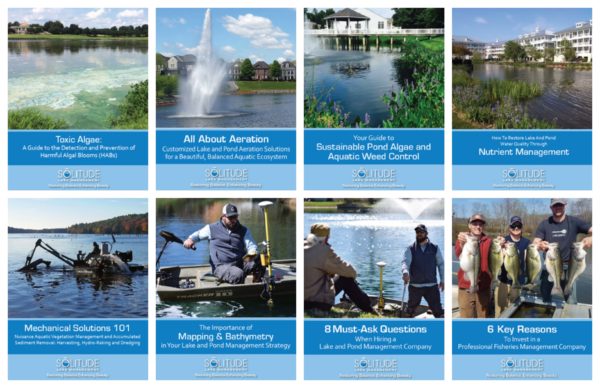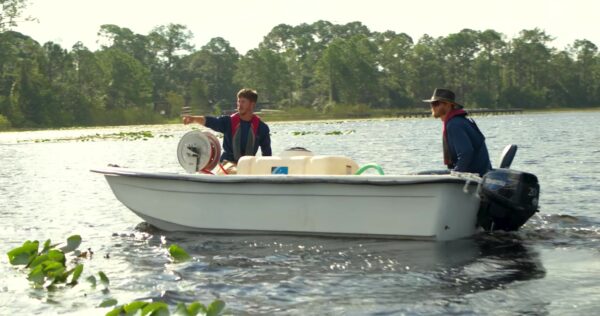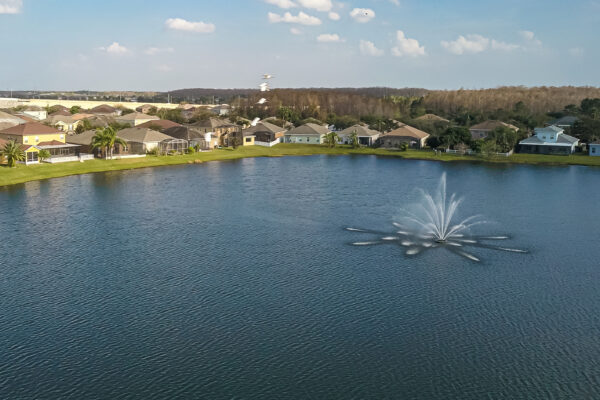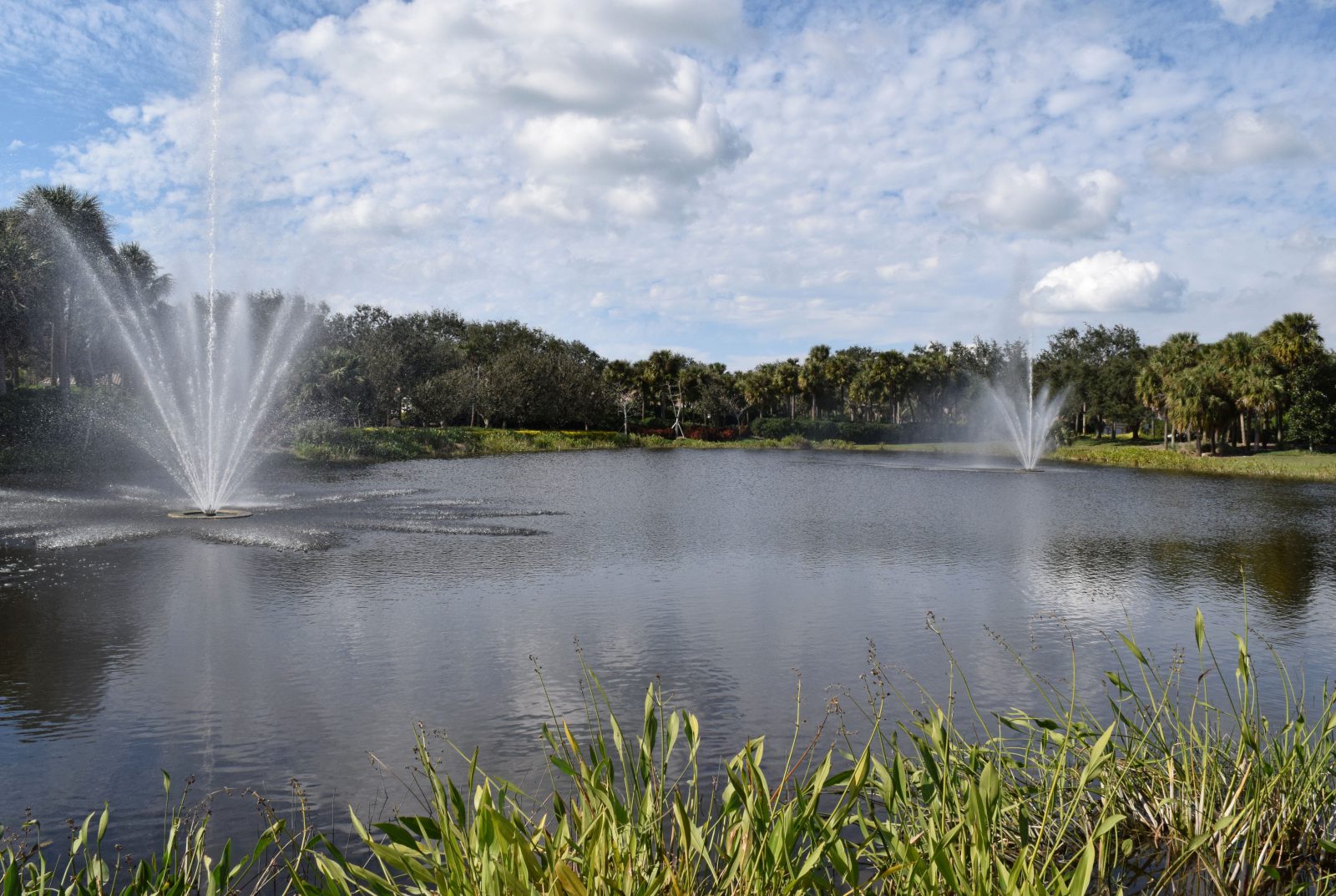
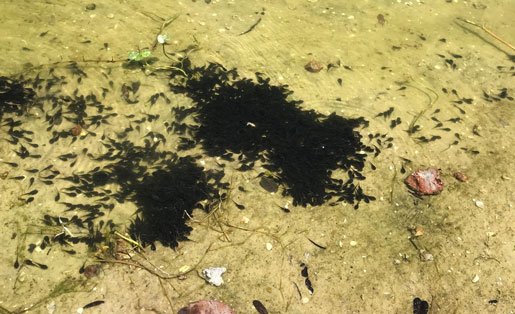
Site Description
Location: Naples, FL
This is a high-end community in the heart of Naples, FL. This private HOA features multiple subdivisions surrounded by oak trees, tropical foliage, immaculate golf courses, world-class clubhouses, and gorgeous lakes and ponds.
The community supports a luxurious lifestyle, but that does not mean it is immune to ecological imbalances fueled by tourism and urban development across the region. Florida is home to many unique and delicate ecosystems, making the introduction of invasive species a devastating threat to native wildlife. In this particular community, the invasive cane toad (also referred to as the bufo toad) was causing problems.
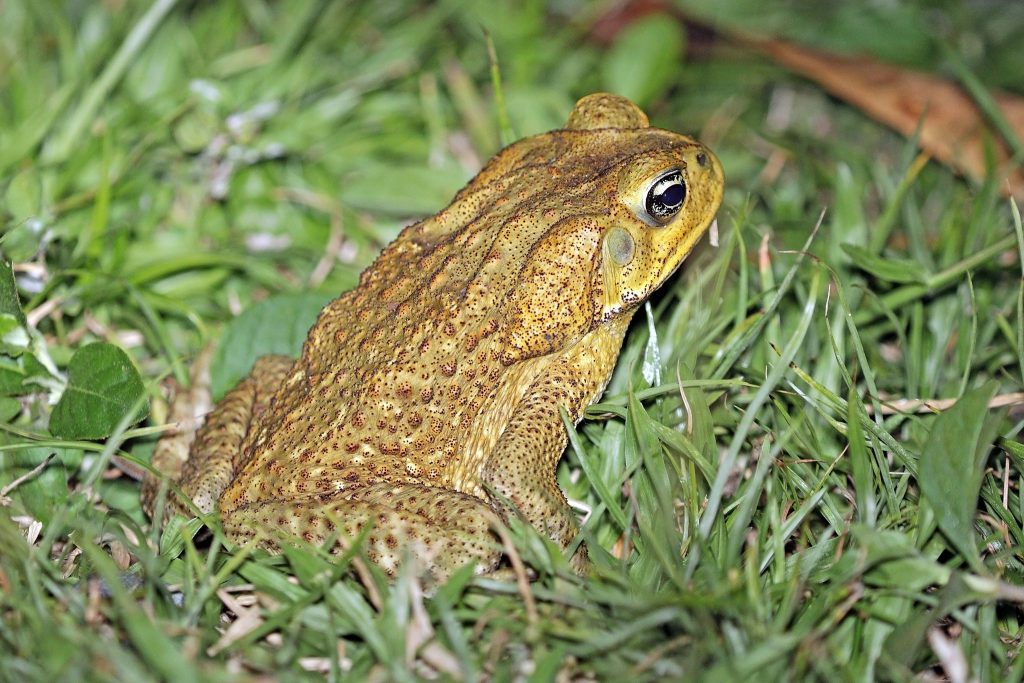
Cane toads are native to South and Central America but have been introduced to Southern Florida in recent decades. In addition to out-competing native species, cane toads can be extremely dangerous due to a toxin they secrete from their large, triangular glands. When ingested, this toxin has been known to kill pets and, in rare cases, humans.
To combat the spread of this invasive species, many homeowners resort to physical collection and removal of adult toads – generally at night when they are more active. To protect children and pets from the dangers of exposure to cane toads, members of this community considered the same approach; however, they struggled to make a dent in the ever-growing populations. In the face of this growing threat, community management contacted SOLitude for a solution.
Scope of Work
Devise a novel method to collect and humanely dispose of cane toad tadpoles.
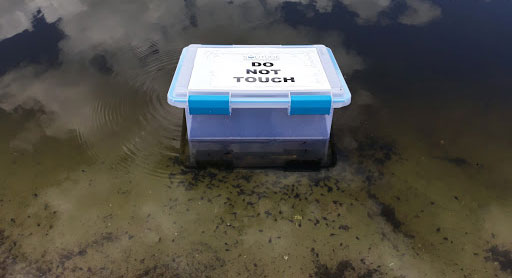
Project Description
Because cane toads are a relatively new problem in Southwest Florida, there are not many standardized solutions for the management of this invasive species. Therefore, SOLitude was tasked with designing a novel approach.
There are several major challenges when attempting to manage cane toads – the primary concern being the dangerous toxin that they secrete. Additionally, cane toads bear a striking resemblance to the southern toad – a native species that is extremely beneficial for the environment – so it’s important not to harm them in the process. Finally, cane toads are highly prolific breeders, producing roughly 40,000 eggs every few weeks all year round.
With these challenges in mind, the SOLitude team created an inventive trap designed to collect cane toads in the tadpole stage. Tadpoles are lured into the trap by a toxin derived from the adult toads. The critical process of toxin extraction requires full PPE and protective gear to ensure the handler is not exposed.
The traps are placed in the water every 1,000 ft of shoreline. On the first day of trapping at this site, 26 pounds of tadpoles were caught; this equates to 20-30,000 individual tadpoles. Within two days, roughly 80-90 percent control was achieved.
The client was extremely surprised and pleased with the results. As they continue to implement this service every two to three weeks, they will make a significant impact on the ecological health and balance of the property, while protecting pets, children, and wildlife.



